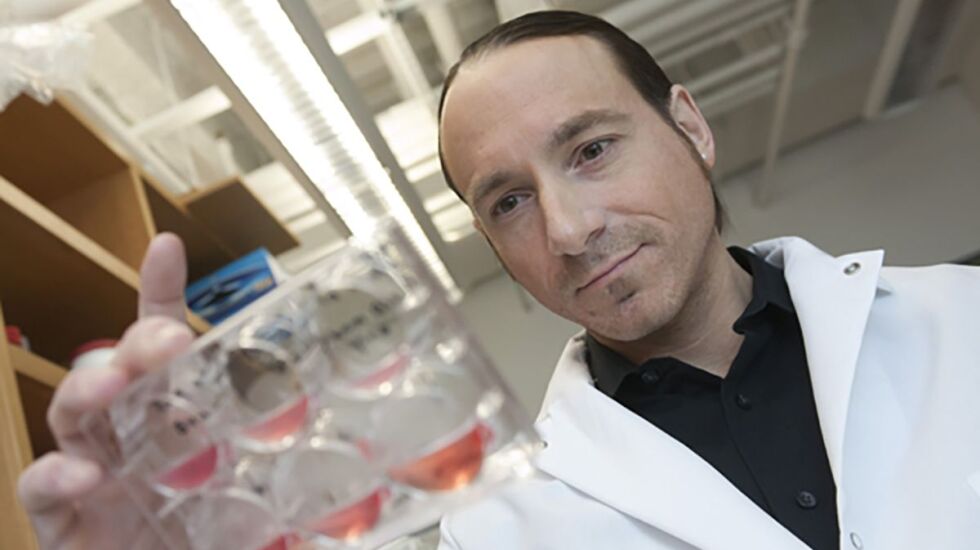
Researchers from Boston University and Tufts Medical Center found what could be an important clue to how people live to be 100 years old or older survive so long.
Centenarians might have a unusual composition of immune cells that’s highly protective against illnesses, according to a study published in the peer-reviewed journal Lancet eBiomedicine.
“Our data support the hypothesis that centenarians have protective factors that enable [them] to recover from disease and reach extreme old ages,” said lead author Tanya Karagiannis, a senior bioinformatician at the Center for Quantitative Methods and Data Science and Institute for Clinical Research and Health Policy Studies at Tufts Medical Center.
People with normal immune systems are exposed to infections, recover from them and learn to adapt to future infections. The immune system’s ability to respond to infections declines with age, but the scientists hypothesized that the extent of that might be different for centenarians.
To determine whether that was the case, the researchers analyzed immune cells circulating in the blood taken from seven centenarian participants in North America and identified immune-specific patterns of aging and extreme human longevity.
They compared this information with other publicly available data that looked at immune cells from people ranging across the human lifespan and found that centenarians’ immune profile did not follow trends associated with natural aging.
The findings “provide support to the hypothesis that centenarians are enriched with protective factors that increase their ability to recover from infections,” said senior author Paola Sebastiani, director of the Center for Quantitative Methods and Data Science, and Institute for Clinical Research and Health Policy Studies at Tufts Medical Center.
It’s unclear whether this unusual immunological ability is genetic, naturally occurring or a confluence of outside factors, said senior author Stefano Monti, an associate professor of medicine, biostatistics and bioinformatics at Boston University’s school of medicine.
“The answer to what makes you live longer is a very complex one,” Monti said. “There’s multiple factors. There’s the genetics — what you inherit from a parent. There’s lifestyle. There’s luck.”
The researchers said they their findings might help lead to the development of therapeutics for the world’s aging population.
“Centenarians and their exceptional longevity provide a ‘blueprint’ for how we might live more productive, healthful lives,” said senior author George J. Murphy, an associate professor of medicine at Boston University’s medical school.







